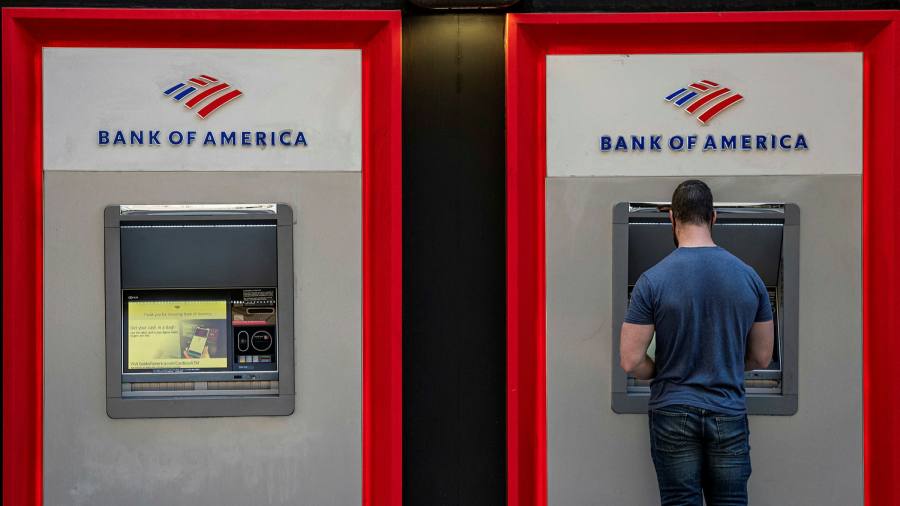[ad_1]
Um, remember last week when a huge American investment bank put out a Very Silly report on bitcoin?
Well we regret to inform you that another offending article has landed in our inbox. This time, the subject in question is not actually bitcoin or crypto, but rather a digital euro. So you might have thought that the former would not even come into it, given that a digital central-bank-issued currency has nothing to do with the crypto market or the blockchain?
Alas, you’d be wrong. Here’s Bank of America in the latest in its “digital money†series:
The markets make the music: price performance in bigtech, fintech, payments and crypto provides US$8.5 trillion in fuel for challenges to the ECB’s monopoly. High values and multiples will draw in capital, emphasising the urgency of an ECB “krypotonite [sic] for crypto”. We see its digital euro, d€, project ever more certain.
Our first issue is: where does that $8.5tn “in fuel†figure come from? As we have pointed out before, just because people in cryptoland like to say the market is worth more than $1tn, that doesn’t make that idea true. We have said it many times but we will repeat it: “market cap†is not a metric that makes sense in the context of crypto. So if the $8.5tn includes the $1tn that bitcoin is allegedly worth, or the $1.7tn that the entire crypto market claims to be worth, we would question the idea of this being the amount of “fuel for challenges to the ECB’s monopolyâ€.
But our bigger issue is: why would crypto present any kind of challenge to the ECB’s monopoly anyway? Hardly anyone uses crypto for money, and rightly so as it does not properly fulfil any of the key criteria of money (being a medium of exchange, a unit of account, and a store of value). It is almost entirely used as a means of speculation — just because it has been called “cryptocurrency†doesn’t mean that it is in fact currency. Crypto tokens are much more akin to commodities, except that of course unlike commodities they don’t exist outside of the world of the internet.
And unless you are a crypto evangelist, pretty much the only reason you might choose to use cryptocurrency as a means of payment is when you wish to remain anonymous (or at least pseudonymous) — for instance when you are buying illegal things (eg drugs) or embarrassing things (eg porn) or when you are extorting money illegally from others (eg through ransomware attacks). A central-bank-issued digital currency would be exactly the opposite of anonymous; in fact one of the reasons for a central bank to issue a digital-only currency would be to get rid of the possibility for cash being used to facilitate crime.
We can see the temptation to pair crypto with kryptonite (even if they did spell the word wrong) and we can imagine the hope the authors of this report — the rest of which looks pretty interesting, we should say — had for headlines on the back of such a pairing, but we really feel like the two things should be kept separate.
Whether a digital euro would be kryptonite for commercial banks and for their role in money creation is another question entirely, and a much more valid and interesting one, we would suggest.
Related links:
Hey Citi, your bitcoin report is embarrassingly bad – FT Alphaville
[ad_2]
Source link





